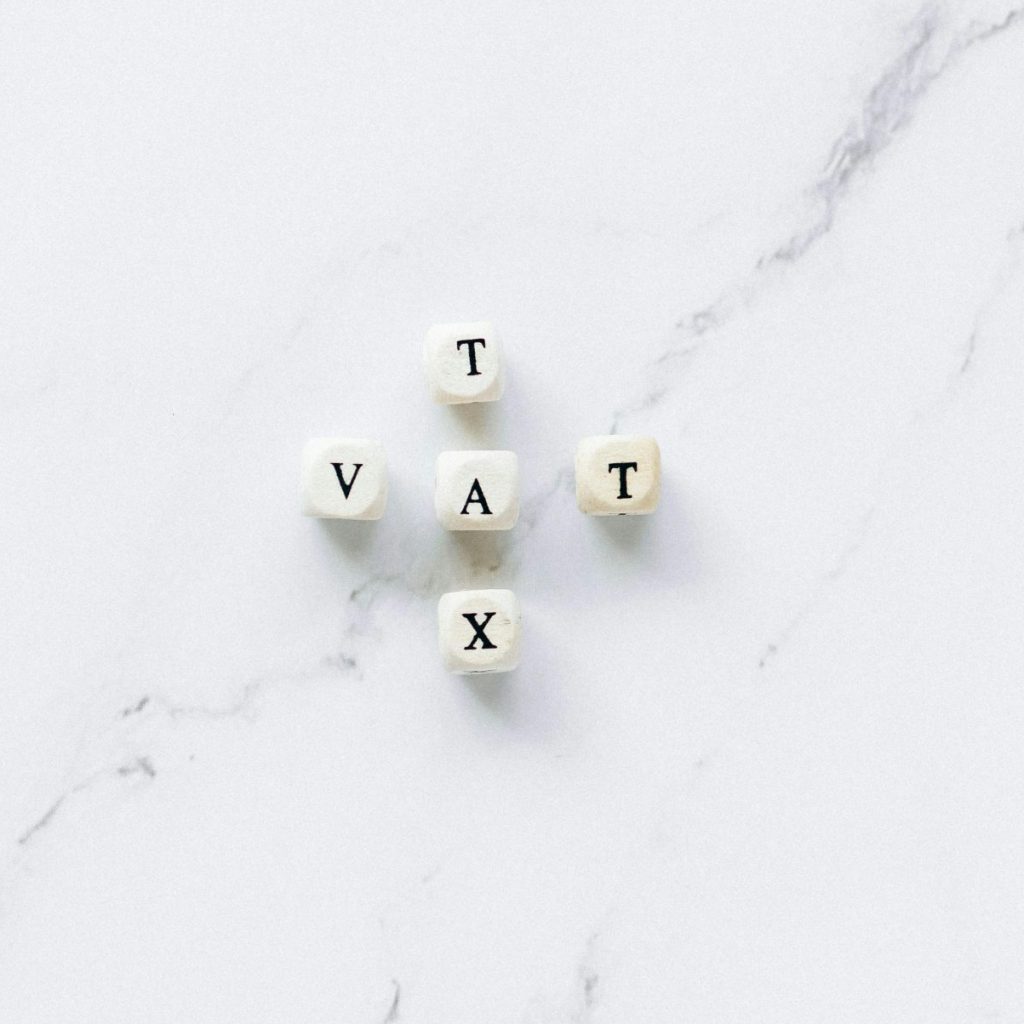Making student loan repayments through Self Assessment
There are three ways in which former students with student or post-graduate loans can make loan repayments: • from deduction from their wages or salary through the PAYE system; • to HMRC through the Self Assessment system; or • direct to the Student Loans Company (SLC). […]
Making student loan repayments through Self Assessment Read More »










